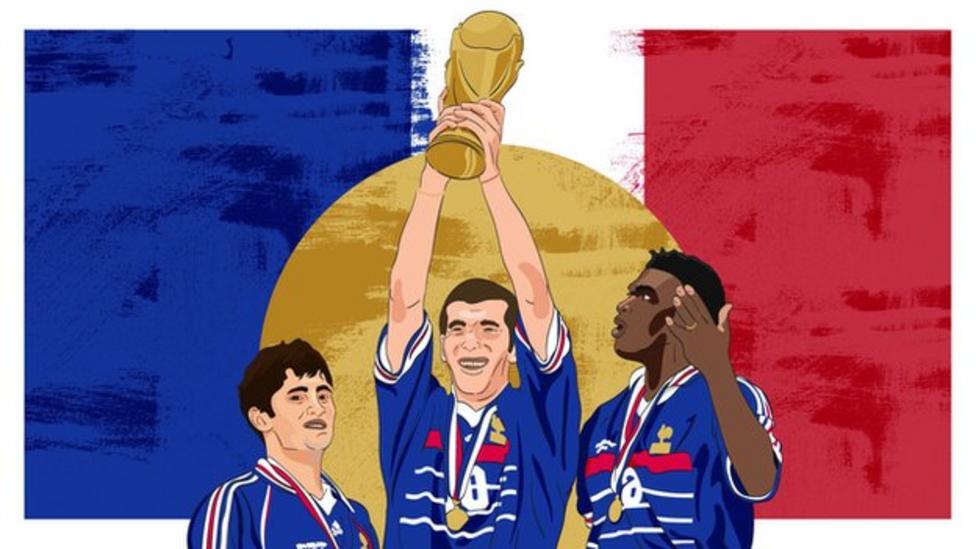Back then they called him Yaz, the 10-year-old boy from the concrete high rises of northern Marseille who watched France fizzle and burn at the 1982 World Cup, and whose humble desires were for a leather football and a bicycle rather than Ballons d’Or and immortality.
We know him as Zinedine Zidane, Zizou, the man who finally delivered Les Bleus’ World Cup dream in the summer of 1998 to a euphoric nation unified by their football team’s success.
It was not always like that for Zidane. A second-generation Algerian immigrant, he got his first taste of football on the tough council estate of La Castellane, where unemployment was high and opportunities were low, and only joined his first club in the same year his national team suffered a crushing semi-final penalty shootout defeat by Germany in Seville.
It was not always like that for France, either. A country troubled by racial tension it was divided over the question of immigration, with far-right politicians such as Jean-Marie le Pen stoking the argument by claiming a team made up of players of New Caledonian, Spanish, Caribbean, Senegalese, Ghanian, Armenian, Portuguese and Argentine heritage did not represent the nation.
But as more than a million joyous fans gathered on the Champs-Élysées to celebrate their newly-crowned heroes’ success in 1998, it was the son of a north African warehouseman’s face that was beamed on to the Arc de Triomphe.
“Merci, Zizou,” it read. “Zidane president!”
